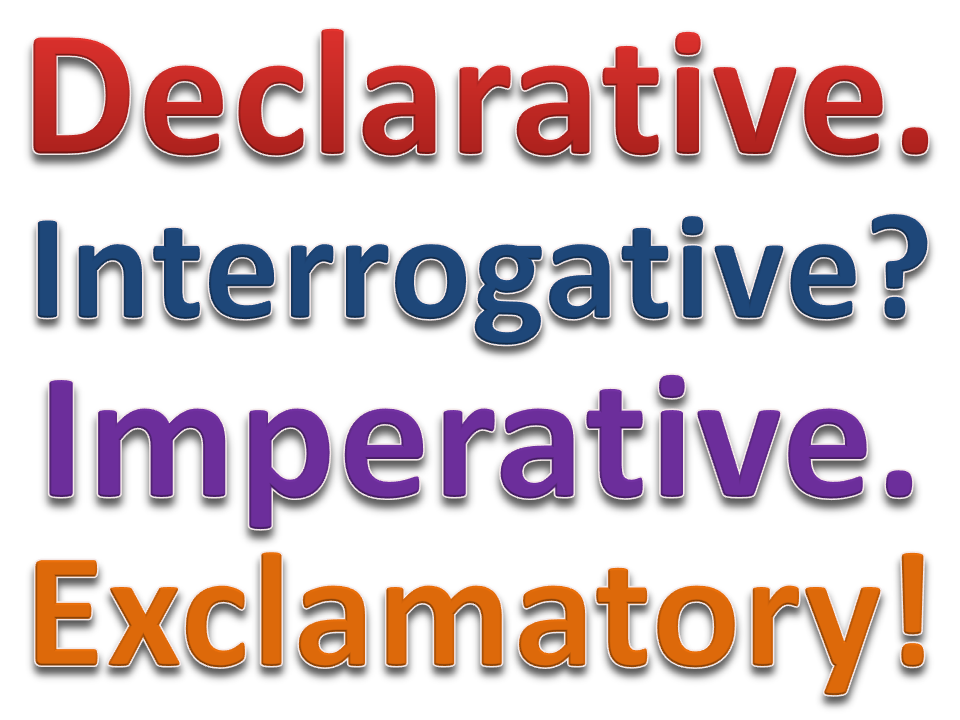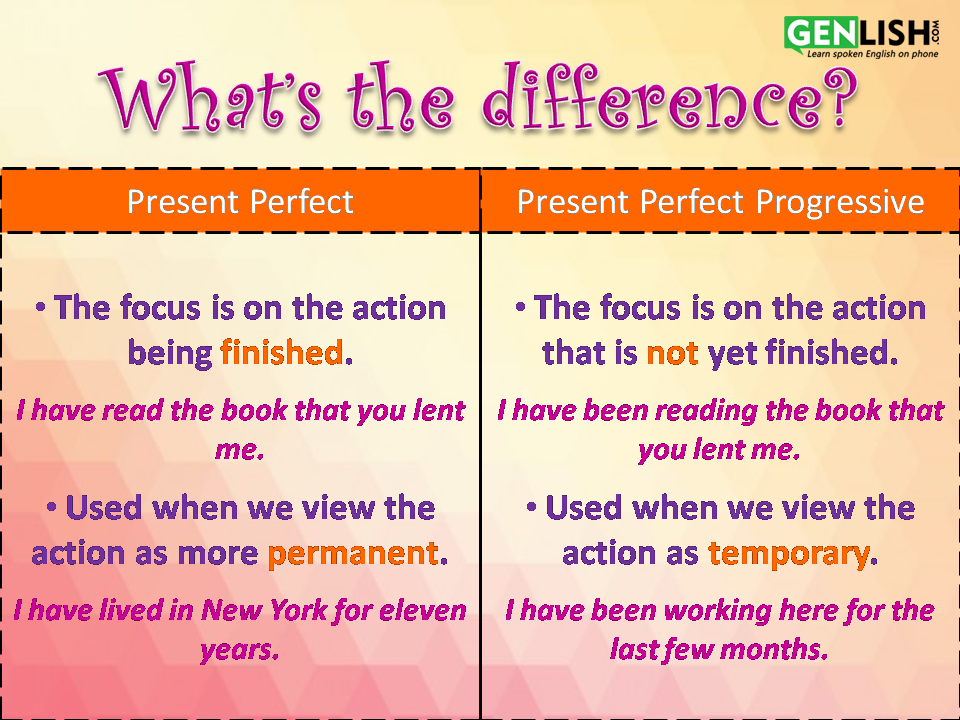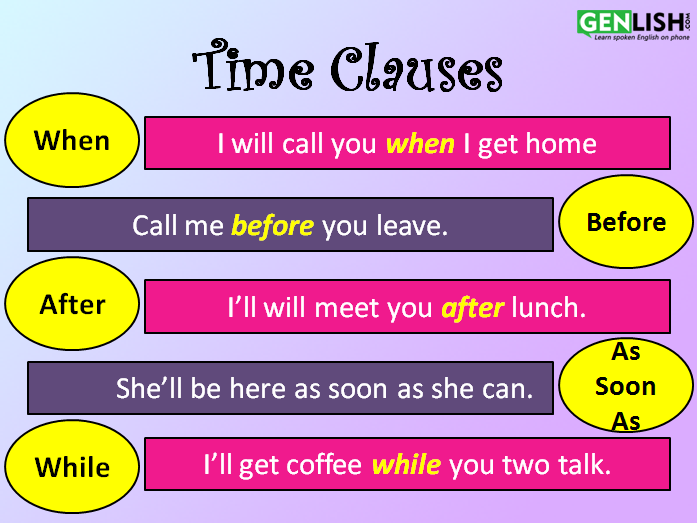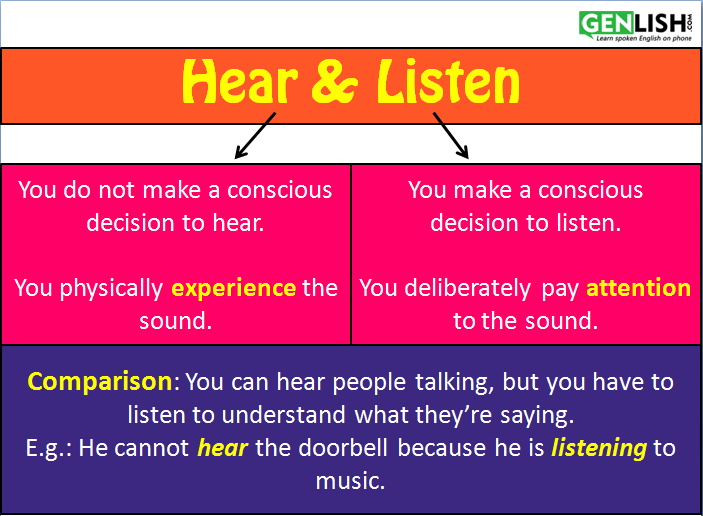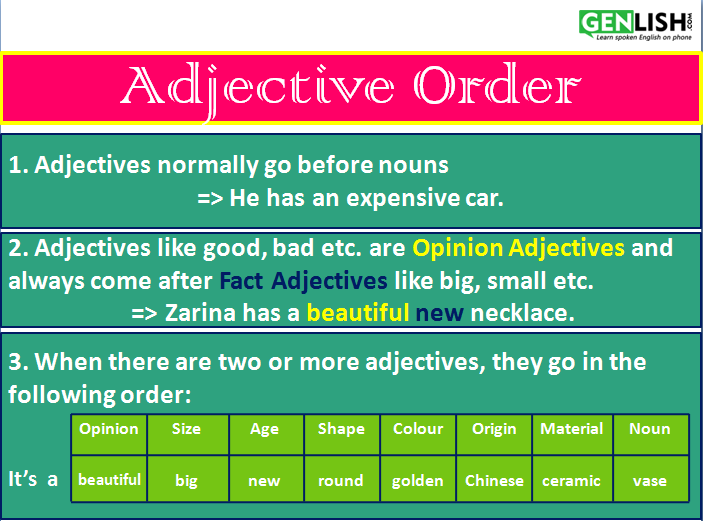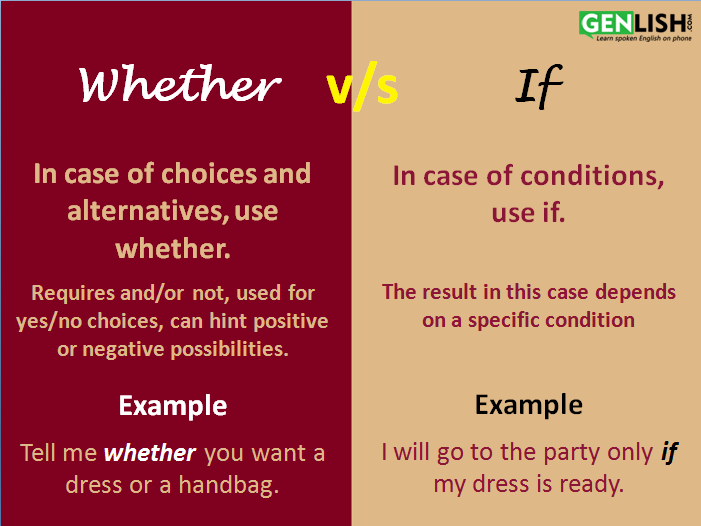Foreign Terms Used in English
Languages, like human beings, borrow from each other. The inclusion of foreign terms in English and vice versa is hence an integral part of the exchange that takes place. We come across so many such phrases every day – there’s no escaping them! Listed below are five commonly used foreign terms and phrases: Modus operandi …

